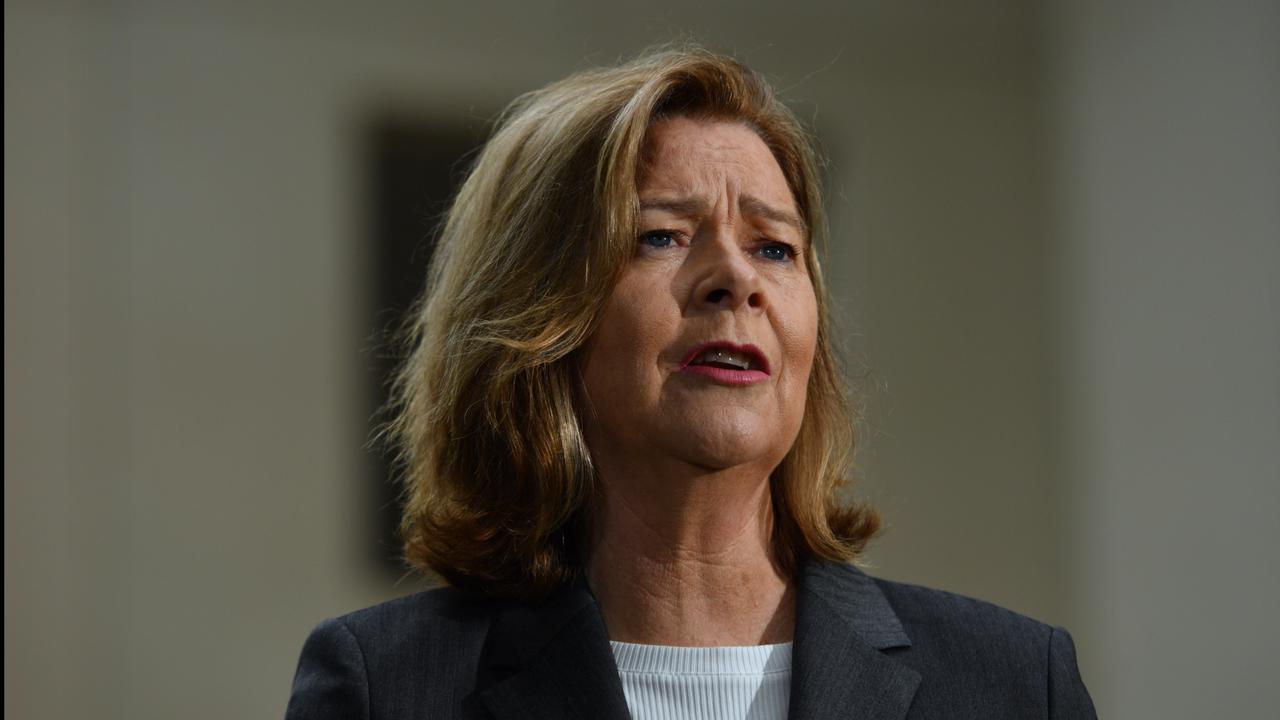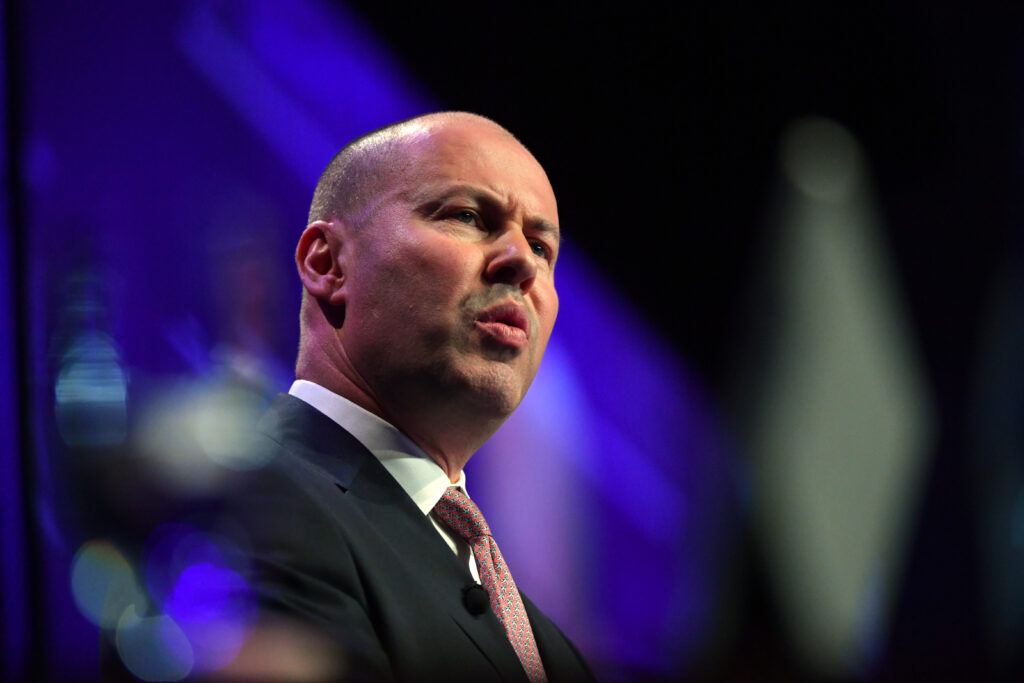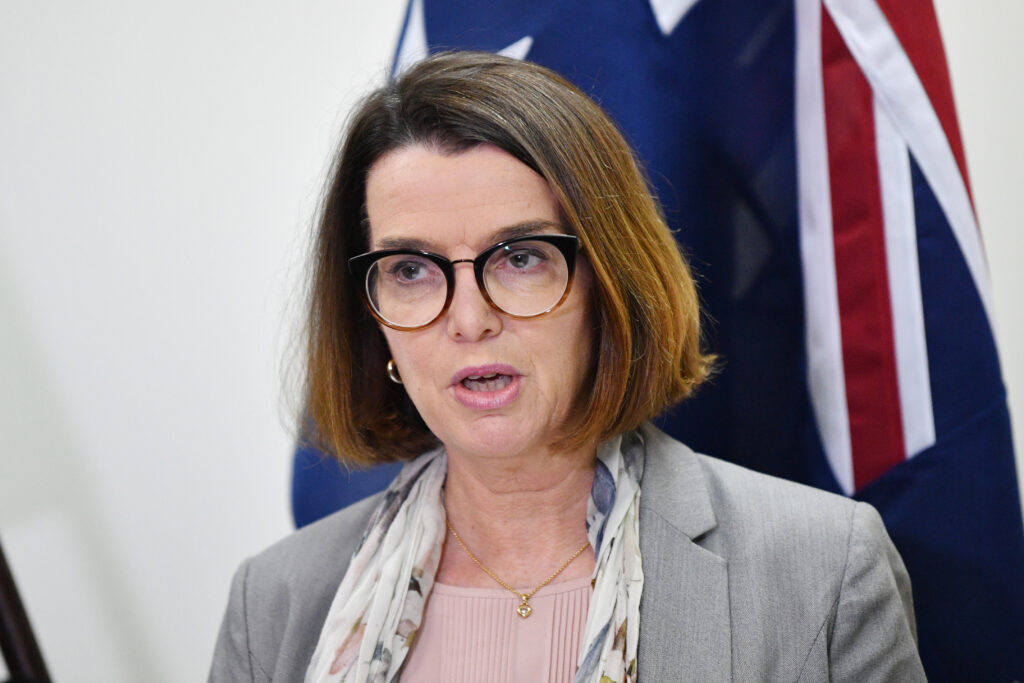
MELBOURNE, Australia — The so-called women’s budget has fallen short for many women. National Union of Students president Zoe Ranganathan claims that the budget announcements equated to about AU$6.90 ($5.3) per woman overall.
“That sort of pocket change is definitely not enough to stop sexual assault,” she said in Canberra after the budget lock-up.
“We need actual, real, tangible change, and that change needs to start by this government looking at their own backyard.”
Eva Scheerlinck, chief executive of the Australian Institute of Superannuation Trustees (AIST), agreed that much more needs to be done.
“We are disappointed nothing has been done for women who are already retired, who don’t have anything to boost their savings, and particularly for anyone who took money out during the (superannuation) early release scheme.”

She claims that dropping the AU$450 ($351) threshold for getting superannuation, intended to help low-paid and casual workers, was “way overdue.”
But she was disappointed there was no move to add superannuation to paid parental leave.
Michele O’Neil, president of the Australian Council of Trade Unions, claims that the government was trying to give the impression of addressing issues by releasing a women’s budget statement.
“When you look at the detail, it’s piecemeal; it’s small,” she said.
“It doesn’t go to the structural issues that matter in terms of women’s economic security and safety.”
Women are the fastest-growing cohort of homeless people in Australia.
She said the government was putting AU$17.9 billion ($13.9 billion) towards tax write-offs for business and AU$1.1 billion ($0.85 million) towards women’s safety.
Treasurer Josh Frydenberg claims that the federal budget includes AU$3.4 billion ($2.6 billion) for measures focused on improving women’s safety, economic security, health, and wellbeing.
Payments worth up to AU$1500 ($1171) will be available for women escaping domestic violence as part of a two-year trial.
Some AU$164.8 million ($128 million) over three years will be put towards escaping-violence payments, which will provide up to AU$1500 ($1171) in cash and another AU$3500 ($2700) for goods or bills such as school fees.

“This budget is yet another important step toward our target to end violence against women and their children,” Women’s Safety Minister Anne Ruston said.
An extra AU$26 million ($20.3 million) will go towards family violence prevention legal services to help Indigenous women.
Nearly AU$30 million ($23.4 million) has been put towards improving migrant and refugee women’s safety, and another AU$10 million ($7.8 million) to extend a trial program helping women on temporary visas access family violence support.
The budget also contains more than AU$400 million ($312 million) for legal services for women.
A women’s health strategy is being backed with AU$16.6 million ($12.9 million) covering maternal sexual and reproductive health.
Another AU$9.3 million ($7.2 million) has been promised by the government to implement recommendations from Sex Discrimination Commissioner Kate Jenkins’ Respect at Work report.
The non-governmental International Women’s Development Agency (IWDA) welcomed regional expenditure of AU$170 million ($132 million) over five years to build on the achievements of Pacific women.
“We know strong feminist movements have been and will remain a critical component of Covid-19 response and recovery,” said IWDA director Joanna Pradela.
(Edited by Vaibhav Vishwanath Pawar and Pallavi Mehra)
The post Australian Women’s Budget Dishes Out ‘pocket Change’ appeared first on Zenger News.
